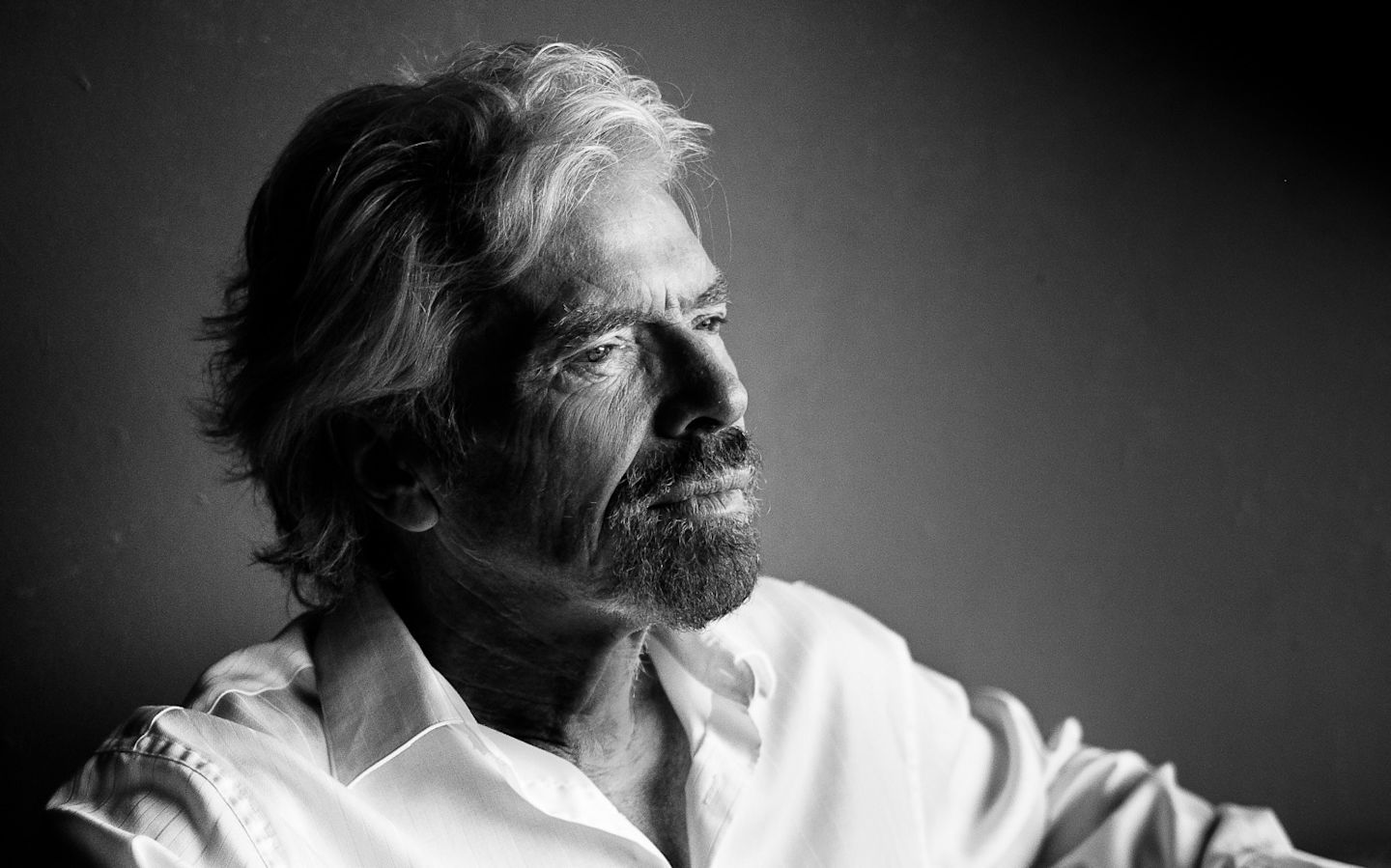The war on drugs cannot be won
The International Day Against Drug Abuse and Illicit Trafficking is often used by proponents of zero tolerance approaches and harsh law enforcement to celebrate the so-called War on Drugs, famously declared by US President Richard Nixon fifty years ago.
The world has changed in profound ways since 1971 – politically, technologically, culturally. Yet when it comes to drug policy, large parts of the world continue to pursue the failed policies of the past. As a result, millions of people continue to be prosecuted and imprisoned, and – sadly – hundreds of thousands continue to die, as drug-related deaths in many countries are at an all-time high. Meanwhile, the global trade in illicit drugs has soared to an estimated volume upwards of $400 billion, creating enormous wealth for the criminal organisations firmly in control of the market.
The UN’s latest World Drug Report, which once again offers the most comprehensive evidence that the global war on drugs cannot be won, paints a bleak picture, with both drug demand and supply rising in 2019. In the wake of COVID-19, those figures are expected to go up.
What gives me hope is that all of this is preventable, and we have a much better understanding than ever of the policies and interventions that work. Ending the war on drugs is possible, ending the suffering is possible. And not all is doom and gloom. There has been much progress – from the accelerating decriminalisation and regulation of cannabis to seismic shifts in harm reduction that prioritise people and public health, support over punishment.
While policy change at the national or multilateral level takes time and tenacity, I am heartened by the brilliant efforts of those working on the ground, often with very limited resources. A while ago, I wrote about Peter Krykant in Glasgow, whose mobile drug consumption unit has undoubtedly saved lives.
In Birmingham, Police Constable Stuart Toogood, facing a real challenge with the acquisitive crime of those who need to fund severe drug addictions, has set up the West Midlands Police Offender to Rehab Programme to facilitate entry into rehabilitation – part of a wider effort led by the West Midlands Police and Crime Commissioner to explore effective approaches to policing drugs that prioritise health and harm reduction, over traditional enforcement.
Many of those Stuart helps have been struggling with addiction for more than 20 years and often fall through the cracks of current support services. To pay for the drugs they need, he writes, they “continue to commit crime and cycle in and out of prison. Nothing ever changes for them, their families or society. It is a miserable existence.”
His programme is small in scale, and not everyone succeeds, but Stuart has won the support of the retail community, with several businesses now helping fund the programme, as it reduces the cost of theft to their businesses and the risk of violence.
By Stuart’s own estimates, the programme has prevented around £800,000 going to drug dealers and prevented over £2,000,000 of retail crime and other offences. The support he has received so far will allow Stuart and his team to put more resources into the programme and he hopes to refer up to 40 people into rehab in the near future. It’s a great, cost-effective partnership between business, the public sector and charities.
I was also encouraged to learn of the work of Daniel Ahmed in Middlesbrough who runs what is currently England’s only Heroin-assisted treatment (HAT) programme for the five to ten percent of injecting drug users who have failed to benefit from standard treatment, like methadone. Since October 2019, his GP practice, Foundations, has been offering pharmaceutical heroin twice daily, under the supervision of medical staff to inject the drugs in a controlled and safe environment.
The initial results of the programme speak volumes about the benefits of HAT. After just one year, Daniel and his team observed a large reduction in both consumption of street heroin and risky injecting practices, improvements in mental and physical wellbeing, improvements in secure housing, and reductions in the volume and cost of criminal behaviour. Given that the North East region has the highest rate of opioid use in England by a wide margin, Daniel’s programme has enormous potential to reduce harm and help people rebuild their lives, reintegrating into a society that has all but marginalised them.
Stuart and Daniel pursue very different approaches to very specific challenges. But both will agree that sensitive drug policy should be all about reducing harm and treating drug misuse as a public health issue, not as a crime. Their examples are worth every support they can get, and they should be rolled out more widely, so vulnerable people can benefit everywhere.


